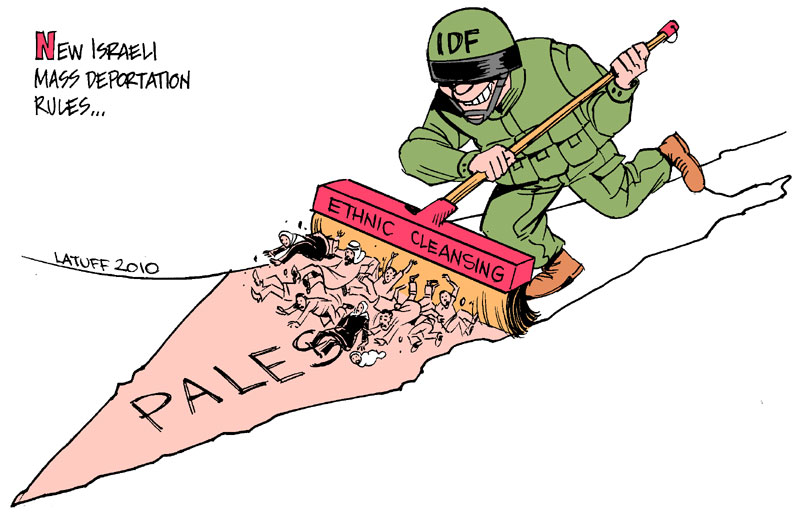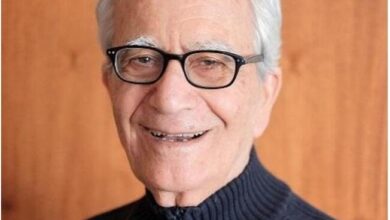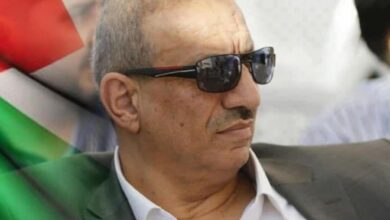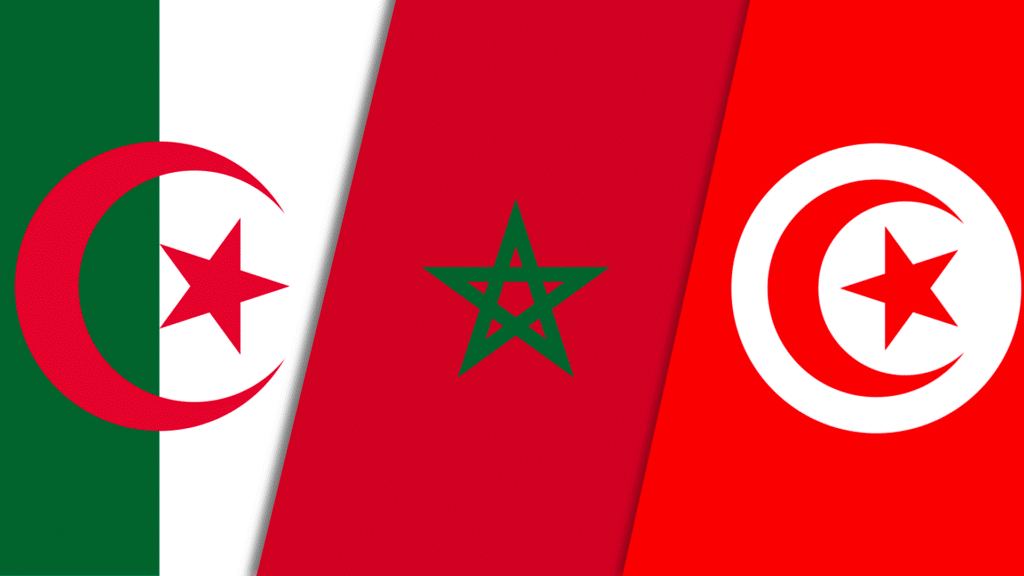
Ethnic Cleansing, I Witnessed
By Ibrahim Ebeid
As a result of ethnic cleansing, thousands of refugees, mostly women, children, and elderly, hungry, thirsty, and overwhelmed with panic and fear, filled the highway from Lydda to Birzeit. I joined scores of people from the village to help them. We offer them water and food. Thousands settled in caves and under olive trees. They made hasty shelters from rags and bushes to protect them from heat and to give them some sort of privacy.
The winter of 1948 was bitter cold. Most of those refugees, who had never seen snow before, found themselves under a heavy blanket of white cold stuff that made them desperate and fearful for their lives.
Birzeit, with a population that did not exceed 2,000, swelled to 14,000 or more. Seeing this human tragedy befall their brethren and the tragedy widening, the people opened their homes, schools, churches, and mosques to shelter the victims of Zionism and Western imperialists who helped create this catastrophe.
Schools were closed and the situation was unbearable; everyone felt pain and despair. Fear was dominant. The hope of the people for the immediate return to their homes was shattered and they were forced to live in permanent camps which lacked running water and other basic facilities. Years later, the refugees started building their dwellings with tin, mud, and stones collected from the surrounding areas. These refugees, with their descendants, are still living in miserable conditions impatiently waiting for the conscience of the world to wake up, if it ever does.
Help from the United Nations Relief and Work Agency (UNRWA)
Several months later, some humanitarian organizations started to help the Palestinians cope with the new situation that was imposed upon them. Tents were distributed to the refugees and monthly meager food rationing started to arrive. The help consisted of flour, rice, sugar, margarine, or oil, but the amount was insufficient. My brother, George, and I went to the distribution center, which was in the open air, waiting in line to get whatever ration was allotted to our family of six, and then loaded it on my uncle’s donkey (or a rented one) and took it home. In winter, the cold wind pierced our tiny bodies and froze us; many times we suffered frostbite. In summer, the sun was powerful, and I remember once I suffered sunstroke, I fainted and fell on the ground face down. I woke up surrounded by people who were helping me by pouring water on my face, and my nose was bleeding. My nose kept bothering me until I had surgery performed to repair the damage in Mainz, Germany, in September 1960, three weeks before I headed to the United States.
Seeing the Palestinian tragedy unfolding affected me deeply and radicalized my thoughts since childhood. The Western Powers, the
United Nations and humanitarian organizations were treating us like beggars. I felt at that time, that we are not beggars nor are we waiting for the crumbs that fall from the tables of the imperialists to fill our stomachs, and after all, they were responsible for our suffering. We are very proud, very dynamic, and very creative people. We have a country in which we were living, in peace and prosperity, until the Western powers ripped the Arab homeland apart in 1916 and Palestine was usurped and given to the Zionists in 1948.





